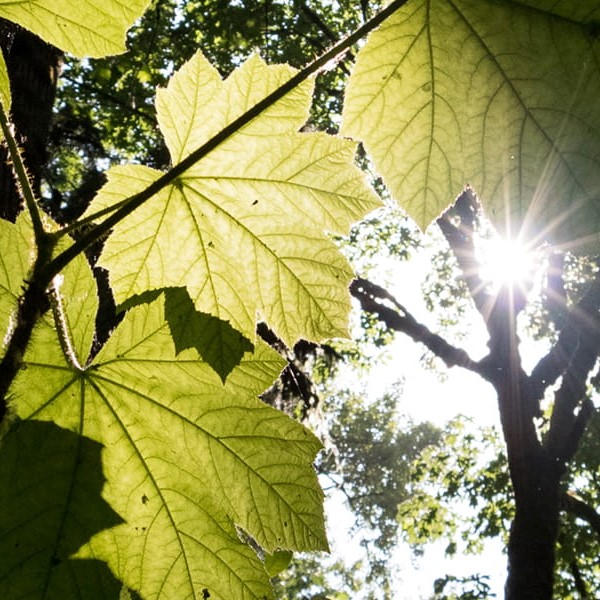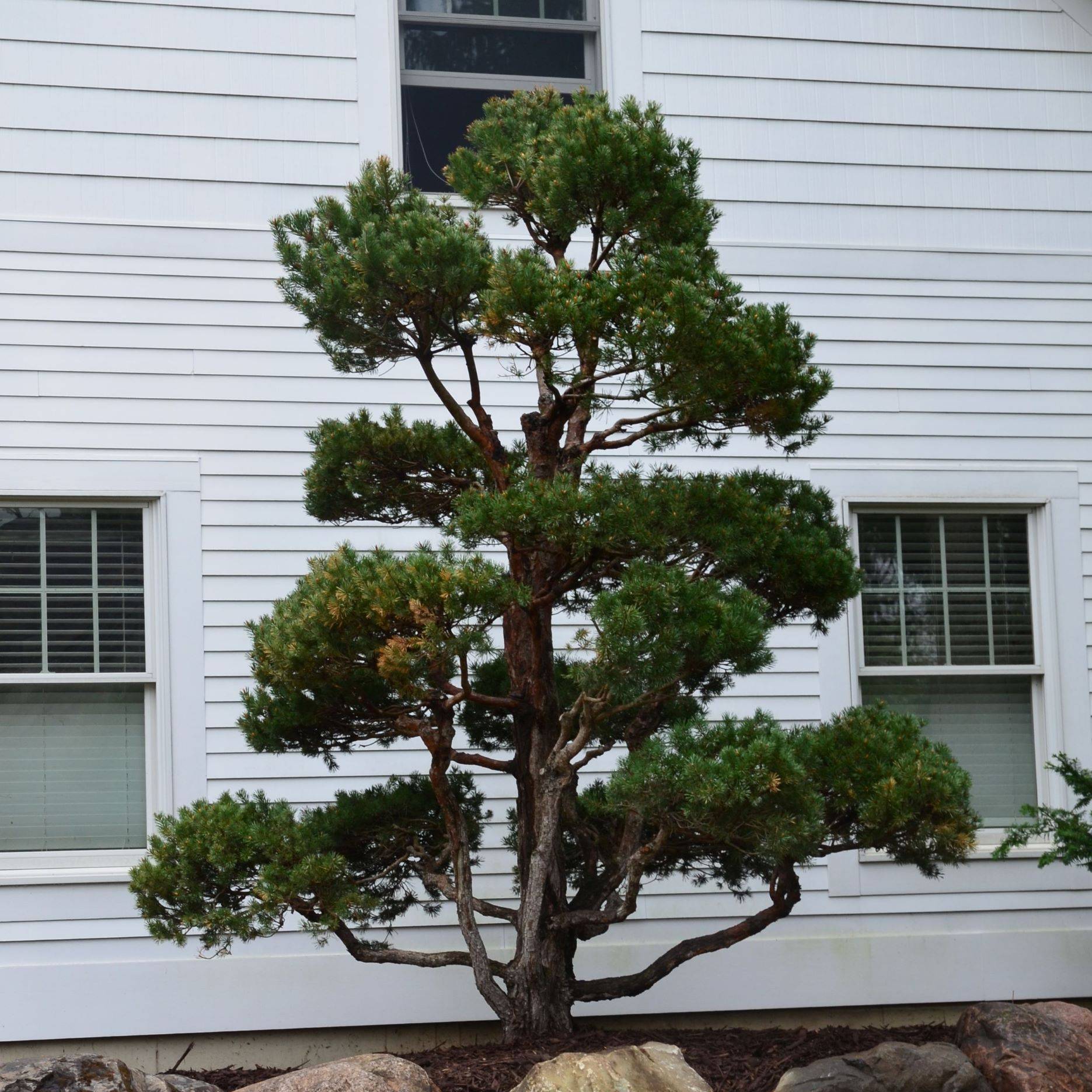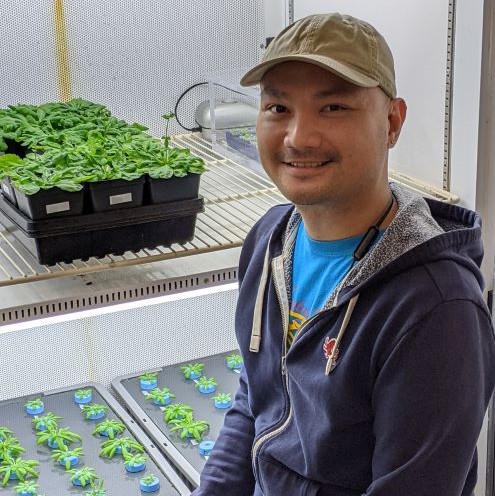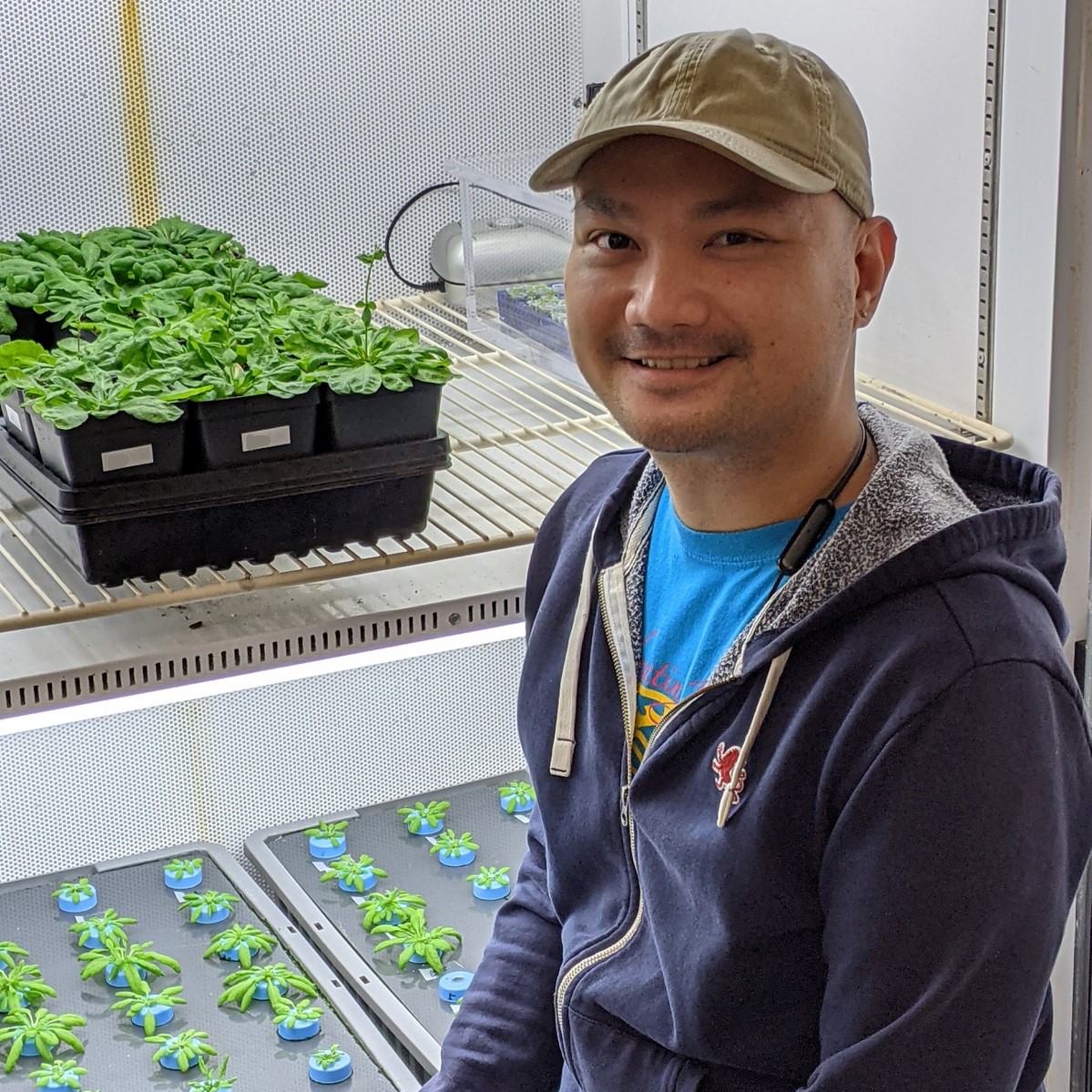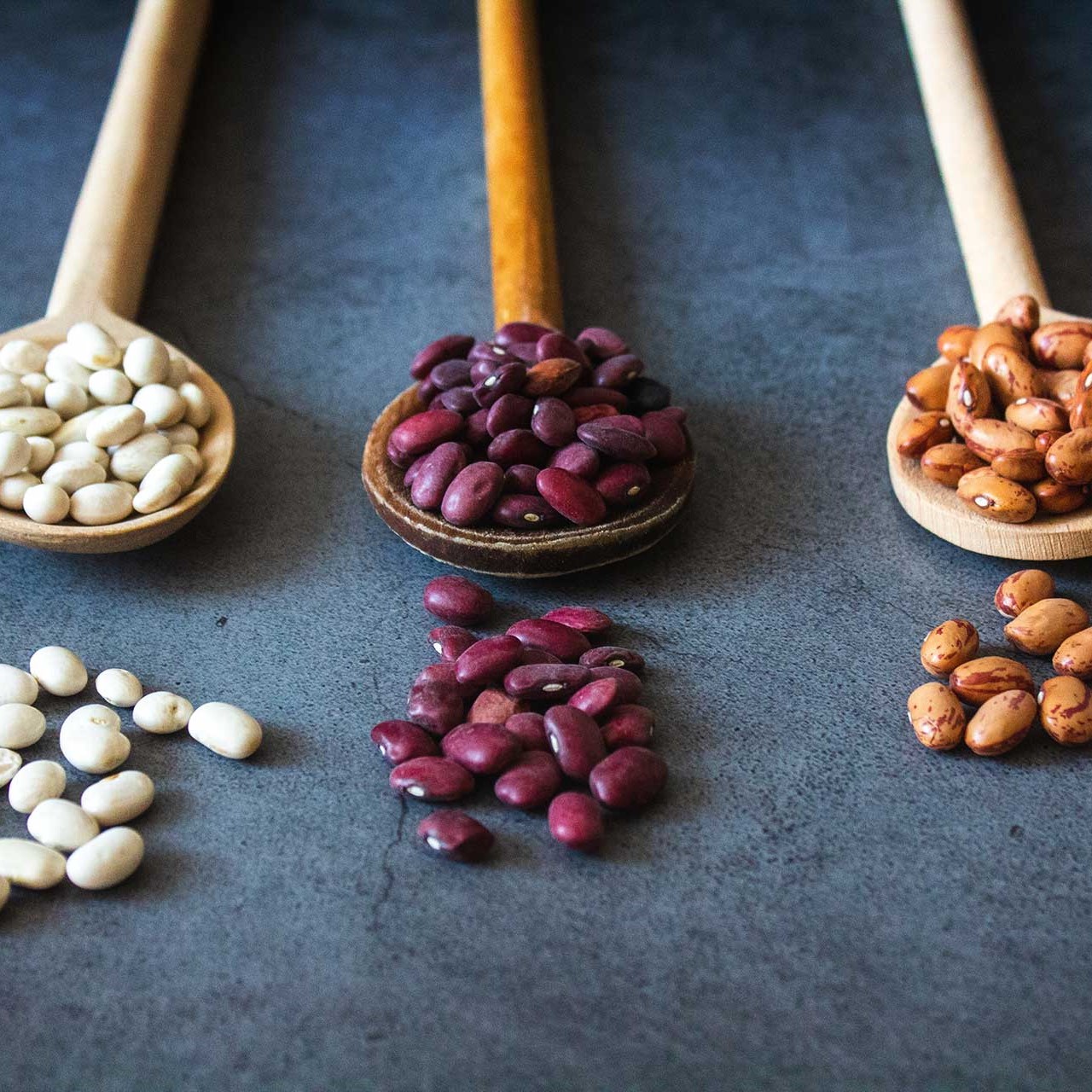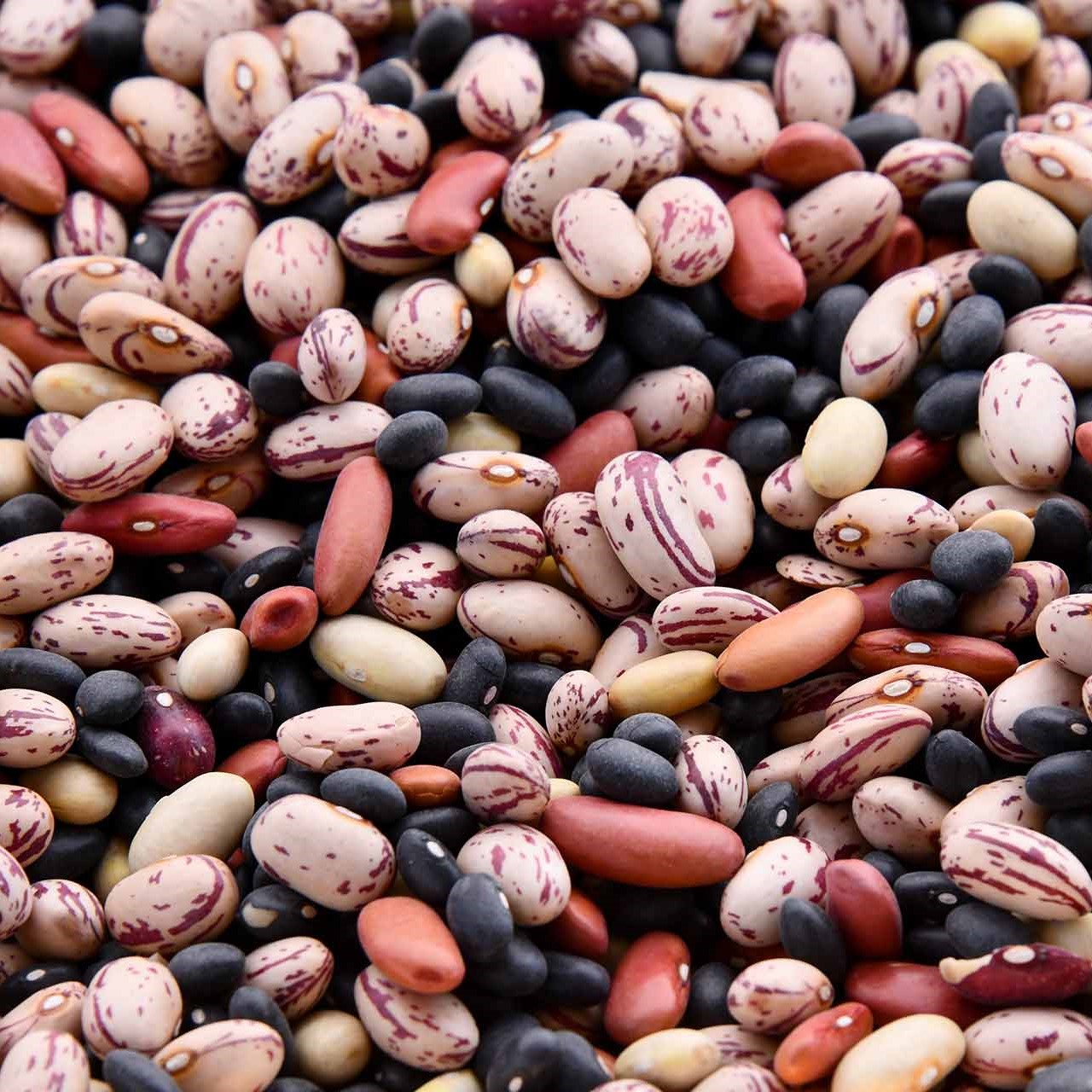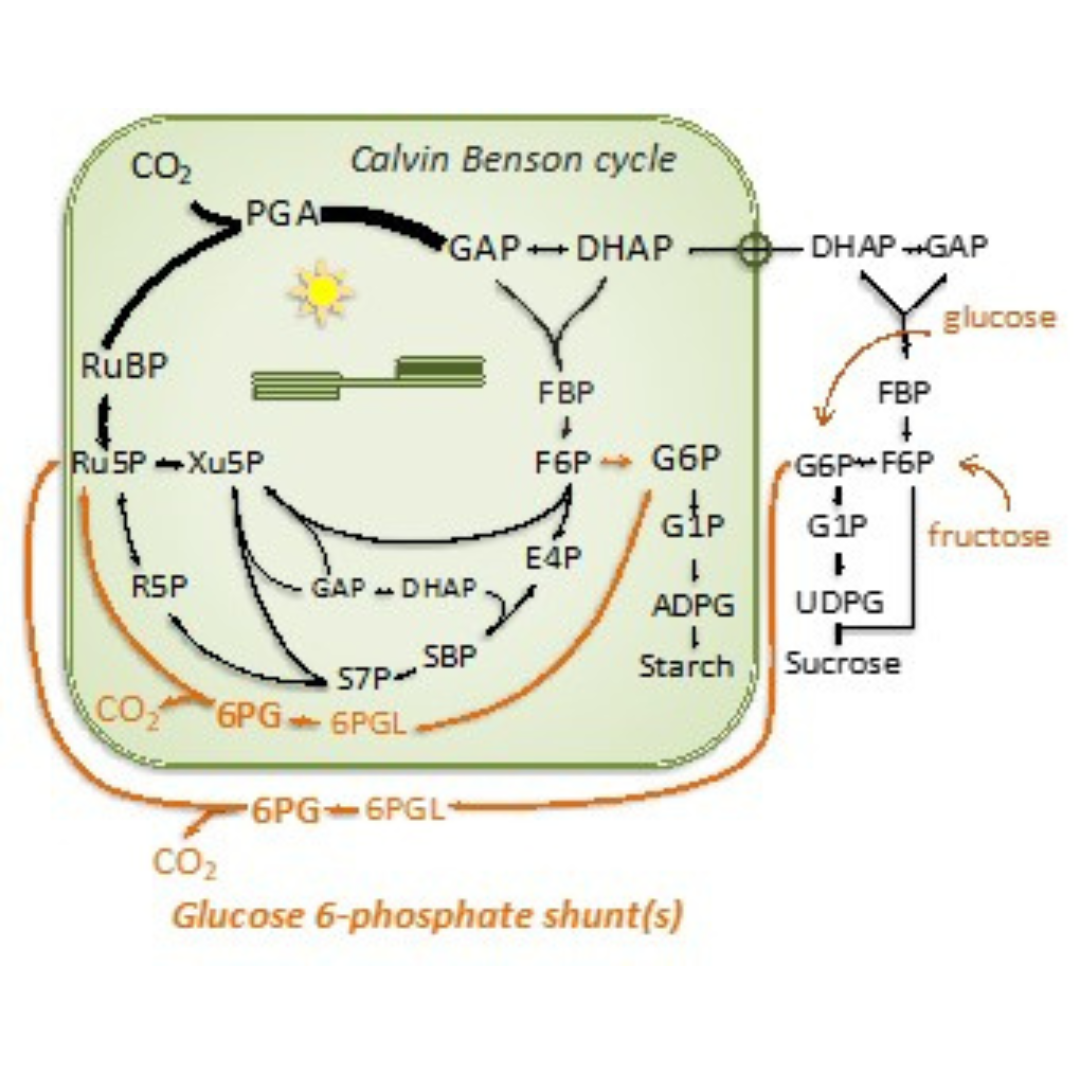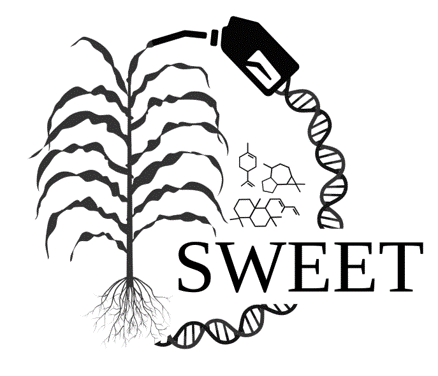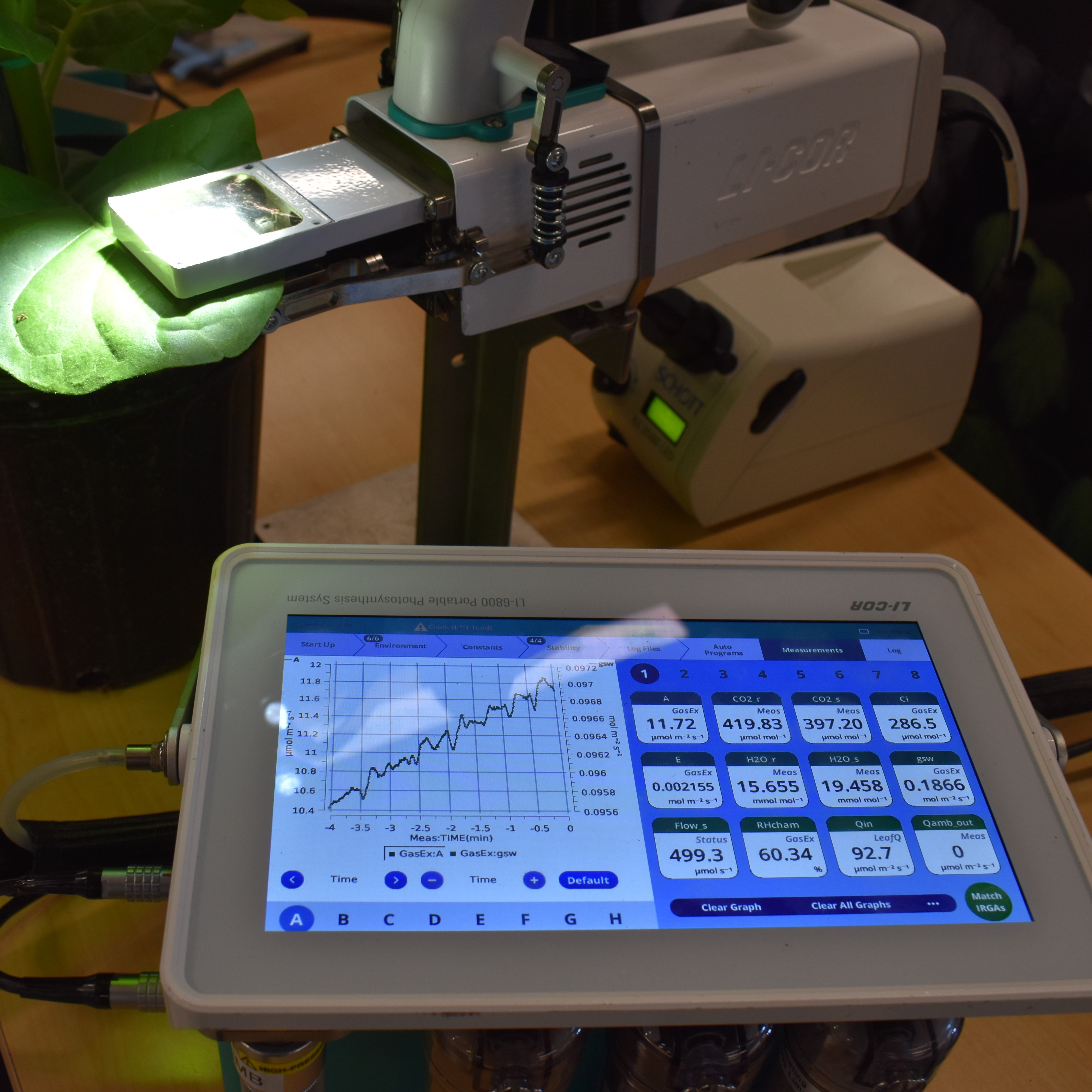News
June 7, 2022
Research Assistant Professor Sarathi Weraduwage from the Sharkey lab at the MSU-DOE Plant Research Laboratory has accepted a new position as a tenure-track assistant professor at Bishop’s University in Sherbrooke, Quebec.
March 8, 2022
Spartan researchers reveal processes that keep a plant’s energy balance in check during changing conditions, which could lead to more efficient crops.
February 28, 2022
University Distinguished Professor Thomas D. Sharkey was named a Pioneer Member of the American Society of Plant Biologists (ASPB), a recognition given to leaders in the society, especially those who have been involved in training graduate students, postdocs and visiting professors.
February 3, 2022
Sean Weise, research assistant professor in the Sharkey lab at the MSU-DOE Plant Research Laboratory (PRL), is moving to the Department of Biochemistry and Molecular Biology to build and teach a new undergraduate class.
January 31, 2022
Whole-molecule carbon isotope ratios (13C/12C) enable assessments of plant carbon uptake yet conceal information about carbon allocation.
January 24, 2022
James Santiago, postdoc in the Sharkey lab at the MSU-DOE Plant Research Laboratory (PRL) has accepted a new position as a R&D plant physiologist at Soli Organic, a culinary herb company based in Harrisonburg, Virginia.
September 22, 2021
James Santiago, a postdoc in Tom Sharkey’s lab was awarded an internal grant of $88,000 from the PRI for research on heat-sensitivity in tomato anthers and pollen grains using single cell RNA-sequencing.
May 13, 2021
The study reports that the activity levels of the carbon metabolism protein, G6PDH, are related to decreased production of pollen in bean flowers. As global temperatures rise, some bean crops, including Michigan-grown varieties, might be more sensitive to higher heat levels.
August 31, 2020
The lab of Thomas D. Sharkey have characterized a sucrose transporter protein found in common beans. The recently discovered protein, called PvSUT1.1, could help us understand how beans tolerate hot temperatures.
August 25, 2020
Isoprene and photosynthetic metabolism labeling experiments provided evidence that glucose is recycled back into photosynthetic metabolism.

